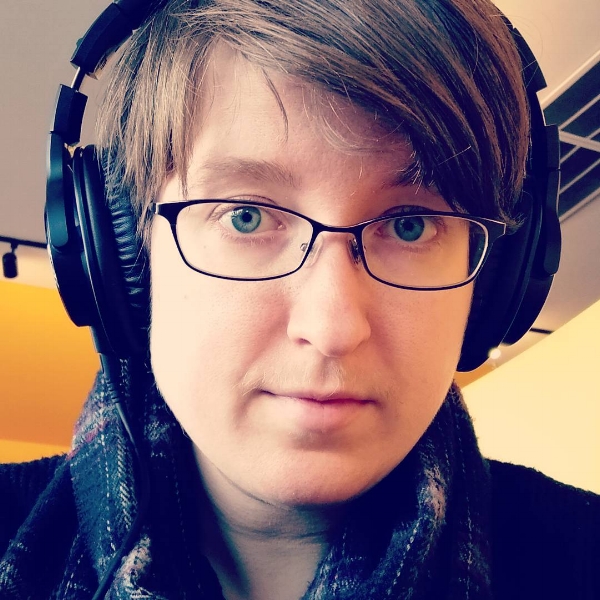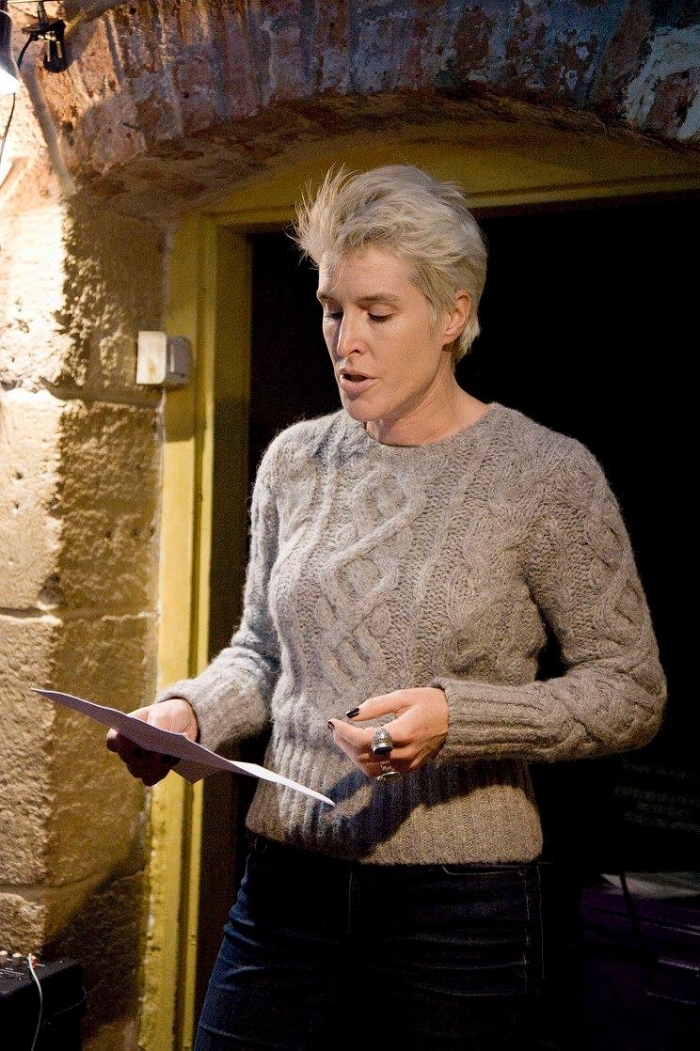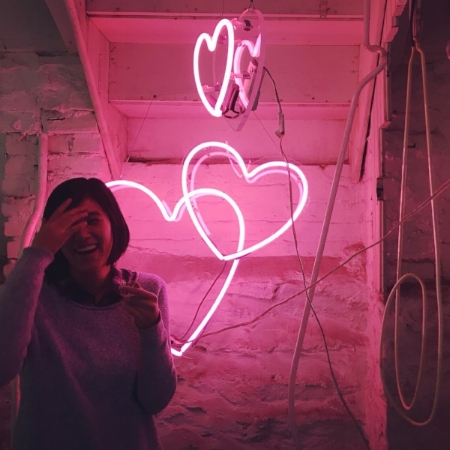"99 Luftballons"
By Kaleida
Mélange des vers d'Elodie Béra, interprétés pars ChrisMa
Hast du etwas Zeit für mich
Dann singe ich ein Lied für dich
Von 99 Luftballons
Auf ihrem Weg zum Horizont
Denkst du vielleicht grad an mich
Dann singe ich ein Lied für dich
Von 99 Luftballons
Und, dass so was von so was kommt
Je regarde le ciel pavé de nuages imparfaits
Étendue sans nuance sur ce gazon bien taillé
Je pense à ces combats que vous avez menés
Femmes engagées et habitées par cet instinct de liberté
Je me débats pour vous ressembler et poursuivre
Ce que vous avez construits pour nous enfants gâtés
Et à la fois générations sacrifiées
Sur l’autel de la discrimination positive (4)
99 Luftballons
Auf ihrem Weg zum Horizont
Hielt man für UFOs aus dem All
Darum schickte ein General
'Ne Fliegerstaffel hinterher
Alarm zu geben, wenn's so wär
Dabei waren dort am Horizont
Nur 99 Luftballons
J’ai peur de mourir avant d’avoir allumé
Assez de feux pour réchauffer les âmes et raviver
Les flammes de fierté de notre sexe faible assumé
Je gonfle ces ballons en messagers de notre armée (5)
99 Kriegsminister
Streichholz und Benzinkanister
Hielten sich für schlaue Leute
Witterten schon fette Beute
Riefen Krieg und wollten Macht
Mann, wer hätte das gedach
Dass es einmal soweit kommt
Wegen 99 Luftballons
Wegen 99 Luftballons
99 Luftballons
99 ballons en hommage
Esseulée au milieu de cette foule d’amis ennemis
Je reconnais dans leur regard, le courage et l’envie de tout renverser
Qui donnera le signal pour transformer les Barbies
En blondes atomiques sans retardement programmé
99 ballons en hommage à vous Mesdames
Et en appel à vous Mesdemoiselles
Rejoignons-nous pour cette marche vers les chemins de l’égalité
99 ballons pour nous guider (6)
99 Jahre Krieg
Ließen keinen Platz für Sieger
Kriegsminister gibt's nicht mehr
Und auch keine Düsenflieger
Heute zieh' ich meine Runden
Seh' die Welt in Trümmern liegen
Hab 'n Luftballon gefunden
Denk' an dich und lass' ihn fliegen
________________________________________________________________________________
Traduit du français par Carrie Chappell/ Translated from French to English by Carrie Chappell
(1)
Freedom.
It is a sensual and sometimes cruel weapon, remedy to all the indigestion of souls ulcerated by the present.
A tender soul above all not refusing itself.
It is a cry carried through the night, that travels from planet to planet. It has no borders. It illuminates us when night falls.
It has no gender, except that of humanity.
It is fragile strength and flickering momentum, tame elegance and complex simplicity.
It is sense and form at once, and its power lies in the ambiguity of these mixed bloods.
It is a quest for the absolute, the real fragments of life intertwined with the material yarn of existence.
It is a faithful and fickle companion with whom at once I fell in love as a teenager.
It is my friend-enemy.
(2) Arthur Rimbaud was the first disruptor of my emotions and the quiet agitator of my undaring pen, he whispered to me my mistakes and taunted my tastes.
Revealer of the fury of my soul and my beliefs, awaker of my feelings of freedom, he guided my travels and my struggles.
Incubator of the original in me, provoker of the normal step, he shaped his seductive regard under my crazy locks.
Lighter of the street lamps of my ephemeral loves, fool of my wild smiles, he sketched the design of my desires.
Scribe of my words, prattler of my drunken nights, he sublimed my raised fist.
Devourer of my "never," terror of my " I cannot," he transformed my perhapses into why nots.
Scout of my beyond, dripper of my tears, he taught me to lose the need for North and to look happiness in the face.
Enchanter, and master singer of a youth that never will fold away today, by him, I write.
(3)
I was 15 years old, I will tell you in verse
Humble and ardent was the thought of the idea of writing
on the black screen of our 404 errors
to utter silent cries of delirium,
to soil the page and fold it up in fours;
Hallucinating child against tormented child,
our freedom was learned in wrongs reversed
and the disorder of all our sore orders,
soon reunited for this revolution at the candle;
Fusion of genres, fusion of imperfect worlds,
you spoke to me in between fantasy and reality,
my reasoned verb couldn't resist.
I searched against you, to exhaust myself,
poisons and candor in their quintessence
to deliver tonight my best THANK YOU ARTHUR
*Arthur Rimbaud did not make me a feminist; he made me an artist.
I don t define myself as a poet, but I really fell in love with poetry by reading Arthur Rimbaud when I was 15 years old. Arthur was like the trigger of what we call inspiration. Since this time, I have continued to play with words, act with passion, and talk about what inspires me. Everywhere and every day. This song is an homage to women, the 99 balloons that are floating in my sky. I am and will continue to be guided by inspiration. May poetry be with you, always.
(4)
I look at the sky paved with imperfect clouds
Expanse without nuance on this well-cut lawn
I think of the fights you have lead on
Women engaged and imbued with freedom's instinct
I struggle to look like you and walk on
What you have built for us spoiled children
And at once generations abandoned
On the altar of positive discrimination
(5)
I'm scared to die before having lit
Enough fires to warm souls and revive
The prideful flames of our weak assumption
I inflate these balloons in messages to our army
(6)
99 balloons in homage
Lonely amidst this crowd of friend-enemies
I recognize in their gaze, the courage and the desire to everything reverse
Who will ignite the transformation of the Barbies
In atomic blond without slowing down the plan
99 balloons in honor of you Women
And calling out to you Ladies
Let's join together for this march towards the path of equality
99 balloons to guide us



































